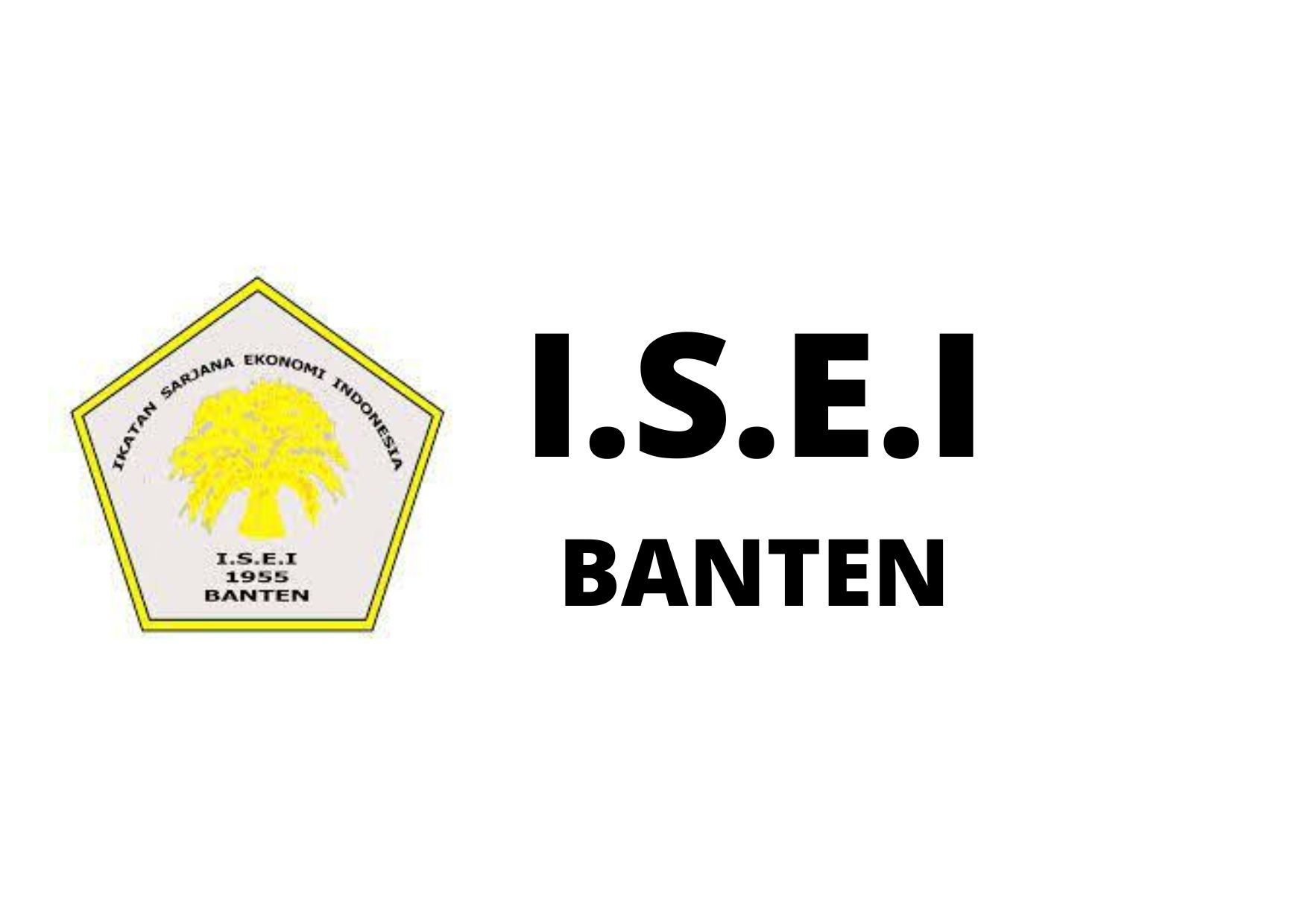Motivasi Kerja dalam Meningkatkan Kinerja Oganisasional (Sebuah Kajian Konseptual dalam Perspektif Islam)
Abstract
The article explores the potential relationship between motivation and spiritual values in Islam in an organizational setting. Spirituality is a factor in shaping the personality and behavior, so it is not an exaggeration that spirituality as a subject in the study of business management and organizational behavior. Study of motivation based on Islamic spiritual perspective is necessary to find a balance and development of existing theories of motivation. The level of motivation in the perspective of Islam, which started in the Middle Ages are a completely different understanding of thoughts that have been used in the context of human psychology and organizational management. Motivation in spirituality of Islam composed of four levels conditions: (1) Sawala; drive by a physiological and material motivational impulse, (2) Amara; drive by physiological, psychological and material motivational impulse, (3) Lawama; drive by physiological, material, psychological and intellectual and involve a bit of spirituallty, (4) Mutamainna; drive by the stimulation of all needs based on the value of spirituality as the primary basis. At the stage of Mutamainna, it reflects a harmony between all needs, and has major implications for the organizational and business management practices and behavioral to achieve the organizational performance.
Keywords
Full Text:
PDF (Indonesian)References
Ali, A. (2005). Islamic Perspectives on Management and Organization. Edward Elgarr.
Ali, A. J. (2009). Levels of Existence and Motivation in Islam. Jurnal of Management History, 15(1), 50-60.
Ali, I. (1989). Nahjul Balagah. (F. Ebeid, Ed.) Dar Alkitab Al-Lubnani.
Benefiel, M. (2003). Irreconcilable foes: the discourse of spirituality and discourse of organizational science. Organization, 10(2), 383-391.
Febriani, R., & Oktavendi, T. W. (2022). The Role of Islamic Motivation in Mediating Effect of Entrepreneurship Education to Entrepreneurship Intentions During The Covid 19 Pandemic. Evaluasi: Jurnal Manajemen Pendidikan Islam, 6(2), 307-321. doi:https://doi.org/10.32478/evaluasi.v6i2.1065
Garcia-Zamor, J. (2003). Workplace spirituality and Organizational Performance. Public Administration Review, 63(3), 355-363.
Hayat, A., & Alvi, M. A. (2018). Work Motivation: An Islamic Perspective. Al-Qamar, 2(1), 1-32. Retrieved from https://alqamarjournal.com/index.php/alqamar/article/view/20
Ikhwan-Us-Safa. (1999). Letters of Ikhwan-Us-Safa (Vol. 1). Beirut: Dar Sader.
Khair, Z., Ahmad, N., & Abd Hamid, M. A. (2016). Motivation in Islamic Perspective: A Review. Conference: 1st International Research Conference on Economics Business and Social Sciences (pp. 1-12). Penang: Universiti Teknologi Malaysia. Retrieved from https://www.researchgate.net/publication/312625468_Motivation_in_Islamic_Perspective_A_Review
Khaldun, I. (1989). The Magaddimah. (N. Dawood, Ed., & F. Rosenthal, Trans.) Princeton, NJ: Princeton University Press.
Kinni, T. (2003, Nov/Dec). Faith of Work.
Mahmud, Y. (2022). Work Motivation in Islam. Budapest International Research and Critics Institute-Journal, 5(1), 4355-4363. doi:Budapest International Research and Critics Institute-Journal
McCormick, D. (1994). Sprirituality and Management. Journal Of Managerial Psychology, 9(6), 5-8.
Mitroff, I., & Denton, E. (1999). A Study of Spirituality in the Workplace. Sloan Management Review, Summer, 83-92.
Reiner, S. (2007). Religious and Spiritual Beliefs: an avenue to explore end-of-life issues. Adultspan Journal, 6(2), 111-118.
Royani, Ansori, M. Z., Bisri, H., & Suntana, I. (2023). Motivation and Philosophical Objectives of the Islamic Economic System. al-Afkar, Journal For Islamic Studies, 6(3), 562–570. doi:10.31943/afkarjournal.v6i3.698
DOI: http://dx.doi.org/10.35448/jmb.v16i2.25809
Refbacks
- There are currently no refbacks.
Copyright (c) 2024 Sains: Jurnal Manajemen dan Bisnis
Redaksi SAINS: Jurnal Manajemen dan Bisnis,
Fakultas Ekonomi dan Bisnis, Universitas Sultan Ageng TirtayasaJl. Raya Palka KM 3 Sindangsari, Pabuaran, Kab. Serang, Provinsi Banten
Telp/Fax (+62254) 3204321
E-mail: [email protected]
Sains: Jurnal Manajemen dan Bisnis is licensed under a Creative Commons Attribution-ShareAlike 4.0 International License.







